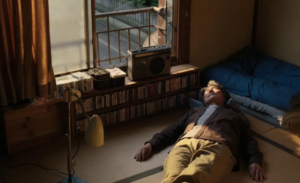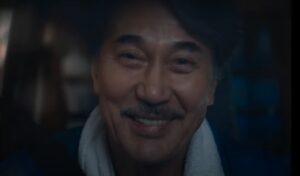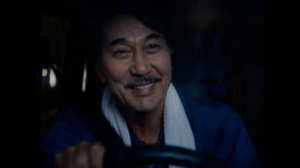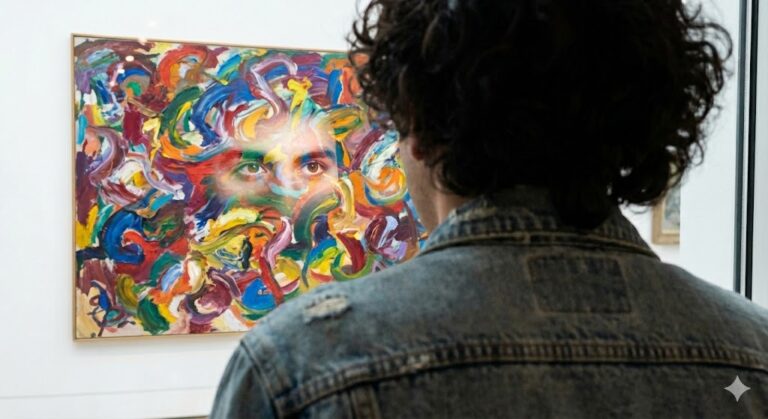Imagine a day when you live life to the fullest—where a heart-touching melody plays in the background, the earthy scent of soil fills the air, and you encounter characters whose lives intrigue and inspire you. A day that helps you discover why you are alive—what is your purpose truly is.
“Perfect Days,” directed by German filmmaker Wim Wenders, tells the story of Hirayama, played by Koji Yakusho, a toilet cleaner in Tokyo. Wenders was invited to Tokyo to observe the Tokyo Toilet project, where public toilets were redesigned post-pandemic. While many expected Wenders to create a documentary, he instead crafted the perfect film, aptly titled “The Perfect Days.”
The Art of Finding Joy in Every Moment

The film takes us through Hirayama’s days- one after the other. Compared to today’s fast-paced world with its short attention spans, the movie might feel slow. However, if you carefully observe Hirayama’s daily routine, you’ll experience a strange sense of peace—a presence that is far removed from chaos. There’s a scene in the movie where Hirayama and another man play with shadows. This moment can be seen as a metaphor for life—how we play hide and seek with life, searching for its perfect moments, which, even if they appear before us, might go unrecognized. After all, what does perfection look like? Does anyone truly know?
The first half of the movie primarily focuses on Hirayama’s perspective. Close-up shots capture his joyful expressions and his humorous interactions with others. There’s a sense of wonder when he connects with nature. But that doesn’t mean he’s lost in his day—not at all. He finds satisfaction in his work, completing his tasks with immaculate precision.
What is a Perfect Day?

“Perfect Days” is an attempt to simplify our imperfect days—to find joy in everyday life. It’s as simple as finding the play of shadow and light intriguing. It emphasizes on the importance of living in the present— tells us to relish what’s in front of us now – “tomorrow may never come.”
What do we know about the Protagonist?
In an interview, Wim Wenders mentioned that it was intentional to keep the protagonist’s background a mystery. Of course, there are scenes where his niece and sister arrive, hinting that Hirayama wasn’t always a toilet cleaner. Instead, he chose this life for reasons we can only speculate about.
Relishing Solitude with Mindfulness
Hirayama’s life is akin to a long meditation—you develop patience as you observe and interpret his actions. Solitude here means that Hirayama doesn’t align his actions with anyone else’s expectations. He takes responsibility for his actions. He is never portrayed as lonely—he isn’t isolated but always in his own company.
Cleaning also helps declutter the mind, and perhaps this profession allows Hirayama to organize his thoughts.
The Music

The music in the film is woven into the story like pearls on a string, especially Nina Simone’s “Feeling Good,” which becomes a part of the narrative. Since Hirayama doesn’t speak much, the music expresses his emotions. Director Wenders beautifully explains how Hirayama reflects on recent events in his life while listening to Nina Simone.
The Final Scene



In the last scene, Hirayama is driving while listening to Nina Simone’s song. Happiness, loneliness, and sorrow —just like life, where you never know what the next moment holds. Hirayama is also driving a car, which can metaphorically be seen as his ongoing search.
Just like all of us, he is on a quest. But the most important question is—what are we searching for, and why are we on this quest?
Watch the video on Perfect Days here:








+ There are no comments
Add yours